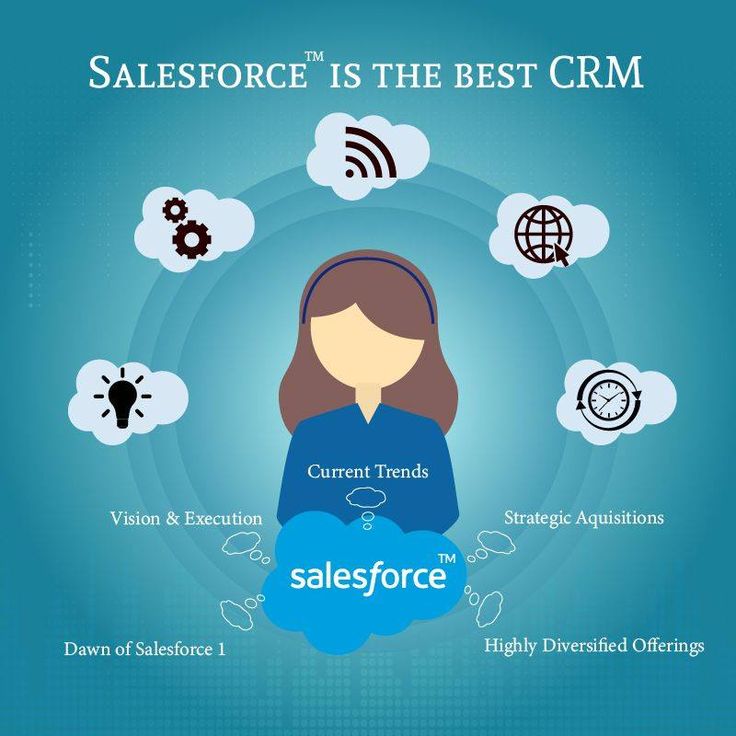
The Benefits of CRM Gamification for Sales Teams
In today’s highly competitive business environment, keeping sales teams motivated and engaged is crucial for achieving success. One innovative strategy that has gained popularity is CRM gamification. Gamification involves integrating game-like elements into non-game contexts, such as a CRM system, to drive engagement and productivity. This article explores the benefits of CRM gamification for sales teams and how it can transform sales performance.
Understanding CRM Gamification
CRM gamification uses game design elements within a CRM platform to make routine tasks more engaging for sales teams. These elements can include point scoring, leaderboards, challenges, rewards, and badges. By making work processes more interactive and enjoyable, gamification aims to increase motivation, performance, and satisfaction among sales representatives.
Benefits of CRM Gamification for Sales Teams
- Increased Engagement and Motivation Gamification makes everyday tasks more exciting and competitive. Sales representatives are naturally competitive and thrive on recognition and rewards. By earning points, badges, and climbing leaderboards, salespeople are more likely to stay engaged and motivated to achieve their targets.
- Improved Performance and Productivity When sales tasks are gamified, reps are incentivized to perform better and more efficiently. Gamification can highlight key performance indicators (KPIs) such as calls made, emails sent, or deals closed. By tracking these activities and offering rewards for reaching specific milestones, sales teams are encouraged to boost their productivity and overall performance.
- Enhanced Team Collaboration Gamification can foster a sense of camaraderie and teamwork within sales teams. By creating team-based challenges and goals, sales reps can collaborate more effectively, share best practices, and support each other in achieving collective targets. This collaborative spirit can lead to a more cohesive and productive sales team.
- Real-Time Performance Feedback Gamified CRM systems provide real-time feedback on performance through dashboards and leaderboards. Sales reps can instantly see how they are performing relative to their peers and against their goals. This immediate feedback helps reps identify areas for improvement and adjust their strategies accordingly.
- Encouragement of Desired Behaviors Through gamification, sales managers can encourage specific behaviors that align with business goals. For instance, if a company wants to increase the number of cold calls, it can reward reps with points or badges for making a certain number of calls each day. By aligning rewards with desired actions, gamification helps reinforce behaviors that drive success.
- Enhanced Learning and Skill Development Gamification can be used to create training modules and quizzes that are more engaging than traditional methods. Sales reps can earn points and rewards for completing training sessions and passing quizzes, encouraging continuous learning and skill development. This ongoing education helps reps stay updated on products, sales techniques, and industry trends.
- Better Data Quality Sales reps are often required to enter data into the CRM system, which can be viewed as tedious and time-consuming. Gamification can make data entry more engaging by offering rewards for accurate and timely data input. Improved data quality leads to better sales insights and more effective decision-making.
- Increased Employee Satisfaction and Retention A gamified work environment can lead to higher levels of job satisfaction. When sales reps feel recognized and rewarded for their efforts, they are more likely to enjoy their work and remain loyal to the company. This increased satisfaction can reduce turnover rates and help retain top talent.
Implementing CRM Gamification: Best Practices
- Set Clear Goals and Objectives Define what you want to achieve with gamification, such as increased sales, better data quality, or enhanced team collaboration. Clear goals help in designing effective gamification strategies that align with business objectives.
- Design Meaningful Rewards Rewards should be meaningful and desirable for the sales team. Consider a mix of tangible rewards (such as bonuses or gift cards) and intangible rewards (such as recognition or additional time off). The key is to make rewards motivating for the team.
- Keep it Simple The gamification elements should be easy to understand and participate in. Overly complex rules or systems can discourage participation. Start with simple challenges and gradually introduce more complexity as the team becomes more comfortable with the system.
- Promote Healthy Competition While competition can be a great motivator, it’s important to promote healthy competition that fosters collaboration rather than conflict. Encourage friendly competition and emphasize the importance of team goals alongside individual achievements.
- Regularly Review and Adjust Continuously monitor the effectiveness of your gamification strategy and make adjustments as needed. Gather feedback from the sales team to understand what’s working and what’s not. Regular reviews help in keeping the gamification elements relevant and effective.
Conclusion
CRM gamification offers numerous benefits for sales teams, including increased engagement, improved performance, enhanced collaboration, and better data quality. By incorporating game-like elements into CRM systems, businesses can create a more motivating and enjoyable work environment for their sales reps. Implementing gamification requires careful planning and execution, but when done right, it can lead to significant improvements in sales outcomes and overall business success. Embrace CRM gamification to unlock the full potential of your sales team and drive your business forward.